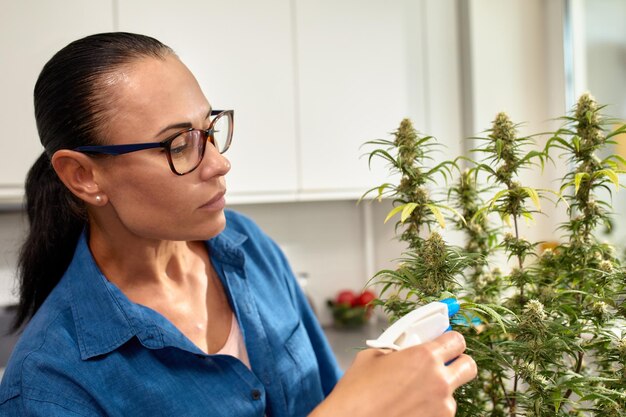How to Become a Homeopathic Doctor: Essential Degrees and Certifications
Embarking on a career as a homeopathic doctor is both a rewarding and challenging venture, demanding a unique blend of education and passion for holistic health. The path to becoming a homeopathic practitioner is structured yet flexible, allowing for various educational avenues to suit diverse backgrounds. Primarily, aspiring homeopathic physicians should pursue an undergraduate degree, often in fields like biology, health sciences, or pre-medical studies, to lay a solid foundation in understanding the human body and medical sciences.
Following the completion of undergraduate studies, specialized training in homeopathy is crucial. Prospective homeopathic doctors typically enroll in accredited homeopathic medical programs, which can range from diploma courses to postgraduate programs depending on regional requirements. Many countries also mandate licensure or certification, such as the Certified Classical Homeopath (CCH) designation, which validates a practitioner's expertise and adherence to professional standards. Continual professional development remains vital in this field, ensuring practitioners stay updated with the latest methodologies and insights in homeopathic medicine, amplifying their capability to provide effective patient care.
Pathways to Becoming a Homeopathic Doctor:
-
📜 Undergraduate Degrees:
- Biology
- Health Sciences
- Pre-Medical Studies
-
🎓 Advanced Training in Homeopathy:
- Diploma or Postgraduate Homeopathic Programs
-
🏅 Certifications and Licenses:
- Certified Classical Homeopath (CCH)
- Additional regional licensure (as required)
Engaging in these educational journeys not only fulfills the necessities of becoming a qualified homeopathic doctor but also enriches practitioners with a comprehensive understanding essential for delivering holistic healthcare solutions.
